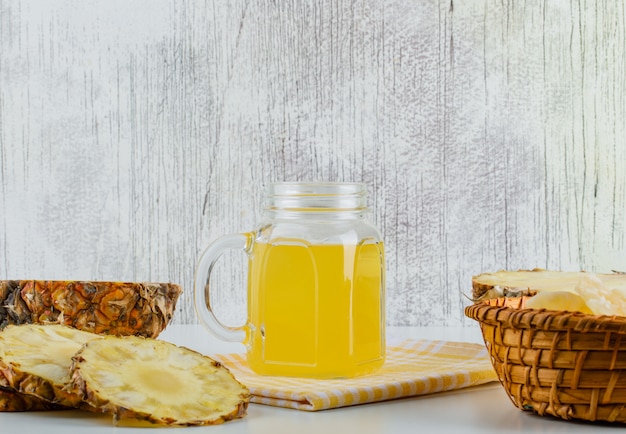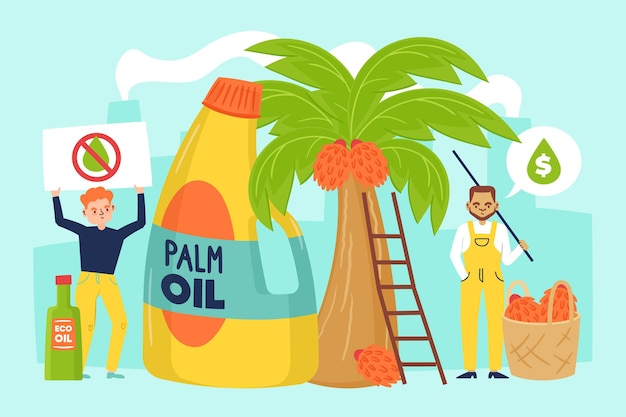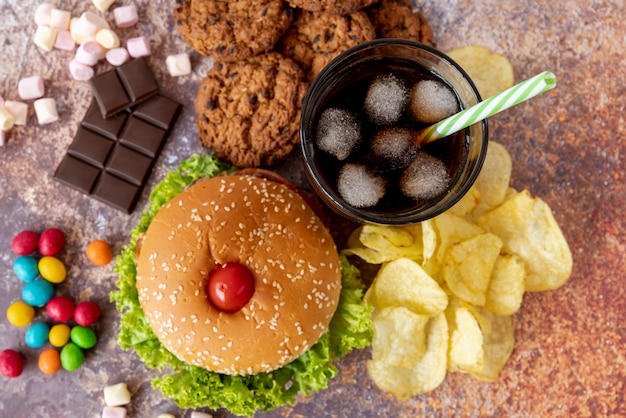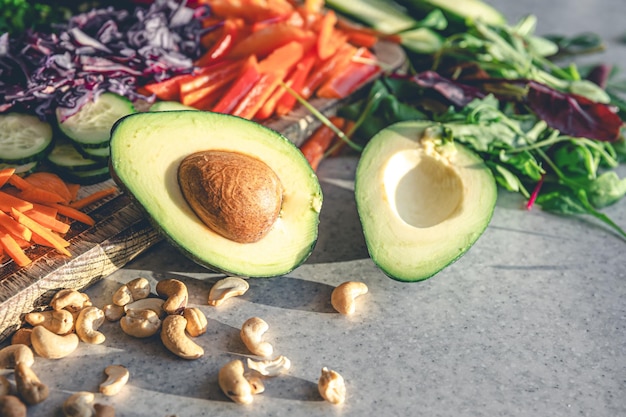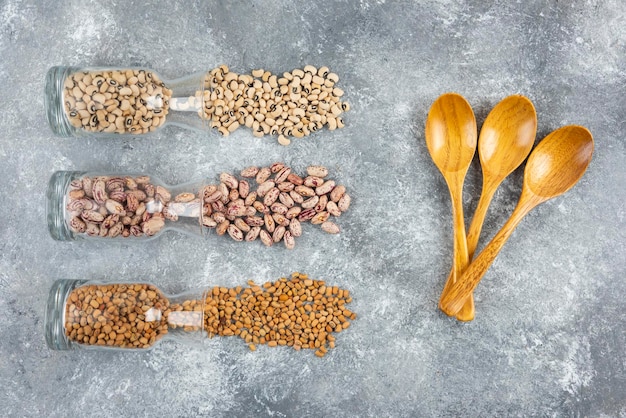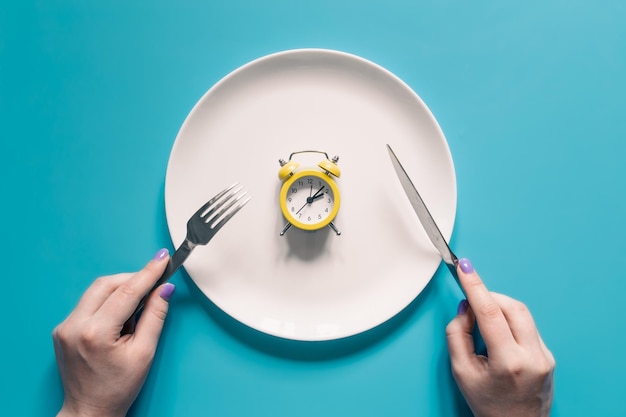25 Simple & Science-Backed Daily Checklists for Managing Hypertension Effortlessly
High blood pressure—hypertension—affects millions worldwide and increases the risk of heart disease, stroke, and kidney problems. The good news? Small, consistent habits can make a big difference. This guide offers 25 time-efficient checklists rooted in evidence-based practices to help you manage hypertension without overwhelming your schedule.
Why Daily Checklists Work
Checklists create structure, reduce decision fatigue, and reinforce healthy routines. For people with hypertension, consistency in lifestyle choices is key. These short routines take just minutes but support long-term cardiovascular health.

Morning Habits (5 Minutes or Less)
- Check your blood pressure — Do it at the same time daily, seated and relaxed, for accurate tracking.
- Take medications as prescribed — Pair with brushing teeth to build a habit.
- Drink a glass of water — Hydration supports circulation and reduces blood viscosity.
- Practice 2 minutes of deep breathing — Slow, diaphragmatic breaths can lower systolic pressure.
- Avoid caffeine immediately — Wait at least 30 minutes after waking to minimize blood pressure spikes.
Diet & Nutrition (Simple Swaps)
- Use the DASH diet as a guide — Rich in fruits, vegetables, whole grains, and low-fat dairy.
- Read food labels — Aim for less than 1,500–2,300 mg of sodium per day.
- Swap processed snacks for fresh fruit or unsalted nuts — Reduces sodium and added sugars.
- Cook with herbs instead of salt — Try garlic, basil, or lemon zest for flavor.
- Limit alcohol to 1 drink/day (women) or 2 (men) — Excess raises blood pressure quickly.
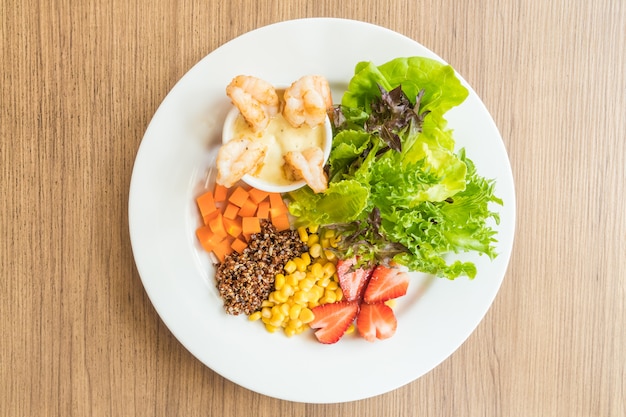
Movement & Physical Activity
- Take a 10-minute walk after meals — Helps regulate blood pressure and blood sugar.
- Do 5 minutes of stretching in the morning — Improves circulation and reduces stiffness.
- Use a standing desk or stand every hour — Reduces sedentary time linked to hypertension.
- Try daily stair climbing — A quick cardiovascular booster.
- Practice 5 minutes of yoga or tai chi — Combines movement with mindfulness for added benefit.
Stress & Mindset Management
- Write down 3 things you’re grateful for — Positive thinking supports heart health.
- Use a mindfulness app for 3–5 minutes — Proven to reduce stress-related hypertension.
- Limit screen time before bed — Blue light disrupts sleep and increases nighttime blood pressure.
- Practice box breathing (4-4-4-4) — Inhale 4 sec, hold 4 sec, exhale 4 sec, pause 4 sec.
- Schedule worry time — Designate 5 minutes daily to process concerns, reducing rumination.

Evening & Sleep Routines
- Check blood pressure again (if advised) — Some medications work best when monitored twice daily.
- Review your day’s habits — Note what helped or hindered your blood pressure control.
- Stick to a bedtime within 30 minutes of the same time — Regular sleep supports vascular health.
- Avoid heavy meals 2–3 hours before bed — Digestion can elevate blood pressure at night.
- Keep your bedroom cool, dark, and quiet — Optimal sleep environments lower nighttime stress on the heart.
Bonus Tips for Long-Term Success
- Track your progress weekly — Use a journal or app to log BP readings and habits.
- Set one small health goal per week — Focus on sustainability, not perfection.
- Stay connected with support — Share goals with a family member or friend.
- Review medications with your provider every 6 months — Ensure they’re still optimal.
- Get your kidneys and cholesterol checked annually — Hypertension affects multiple systems.
Managing hypertension doesn’t require drastic changes. With these 25 simple, evidence-based checklists, you can build a sustainable routine that supports heart health—one small step at a time.







